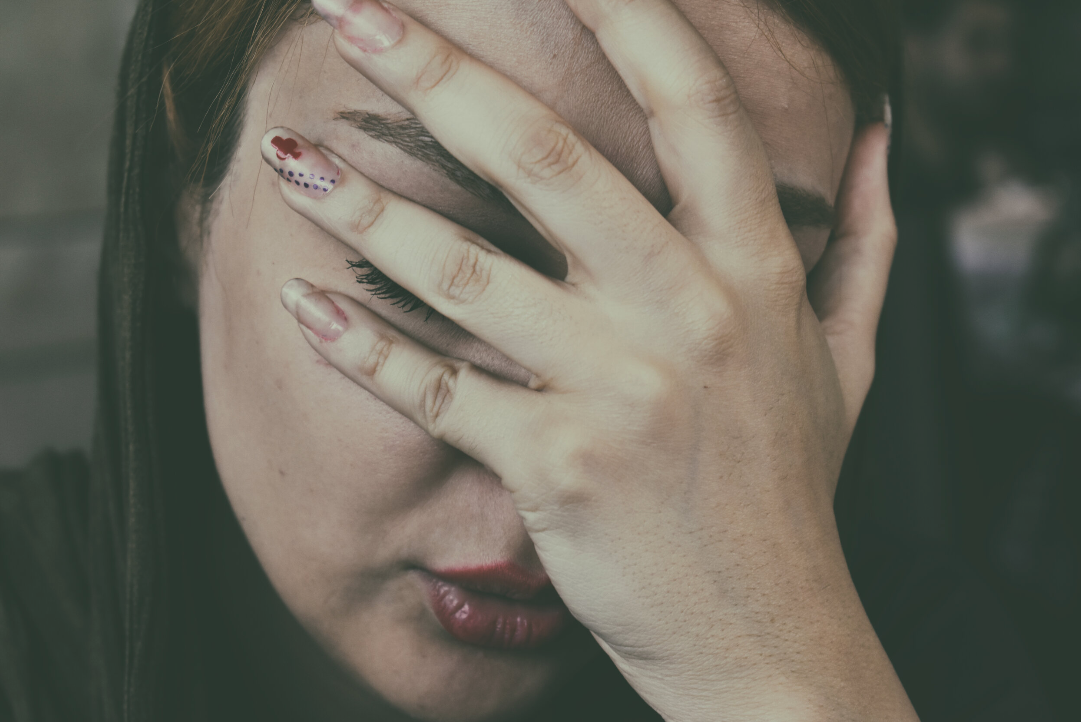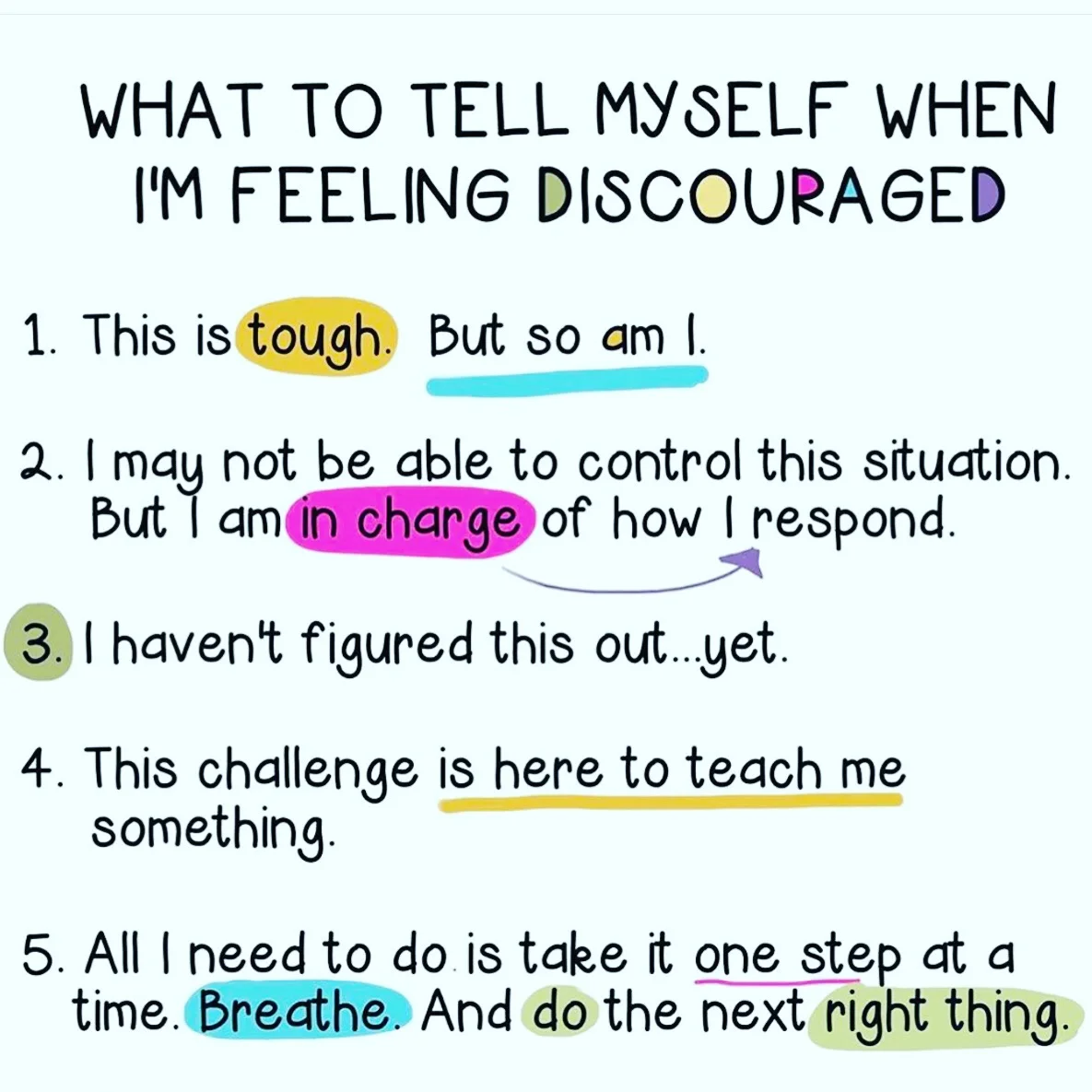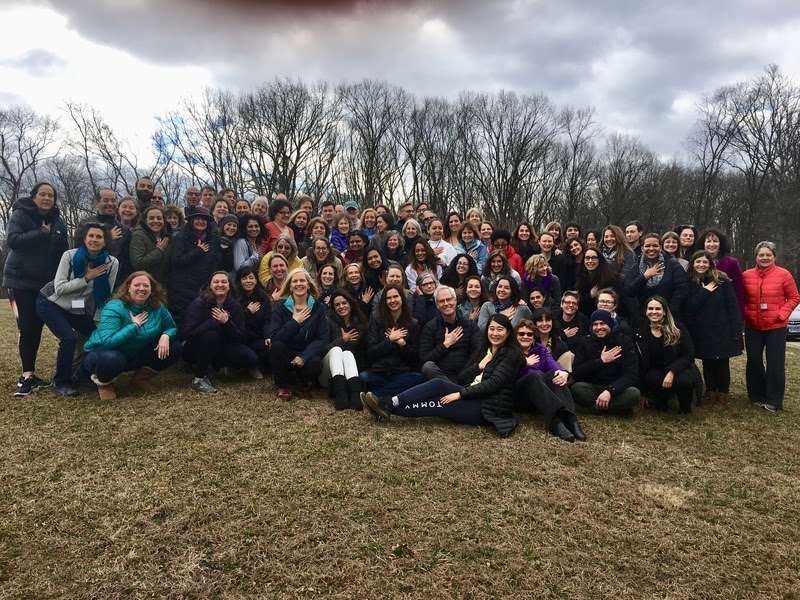Whether you’re celebrating a holiday or not, this time of year can feel really stressful. You usually see signs of Christmas everywhere you go. The music, the ads, the decorations can all feel like a little too much—or maybe a lot too much!
You might not be feeling much of the holiday spirit. This time of year can bring up painful memories and feelings of loss, loneliness and sorrow. If the holidays are difficult for you, know that you’re not alone. Although it might feel like the whole world is having a great time and you’re the only one not filled with holiday joy, know that others are struggling, too.
How mindfulness can help
“We can only be said to be alive in those moments when our hearts are conscious of our treasures.”
Mindfulness can help you get out of your head where the planning and scheduling, the sadness, the worry, and the distress all live. Mindfulness creates more space and awareness for what’s going on right here, right now. I wrote the blog post Staying Mindful Through the Holidays a couple of years ago because I know how hard it can be when the holidays feel overwhelming.
If the holidays are hard for you, or even if you absolutely love them, take some time to feel whatever it is you’re feeling without judgment. Take some time to be kind and compassionate with yourself.
My wish is that, over the next couple of weeks, you can also find some time to relax, take care of yourself, enjoy the people you love, and find small (and big) moments of gratitude and joy. Here’s another link to the post:
https://www.progressioncounseling.com/blog/staying-mindful-through-the-holidays
My recent podcast episode, How to be Mindful this Holiday Season offers even more tips.
If you enjoyed this blog post and would like more insights into living with anxiety, tune into the Woman Worriers podcast. In each weekly 30-minute episode, host Elizabeth Cush, LCPC, and her guests explore living with anxiety, relationships, parenting, surviving trauma and other topics and offer insights into mindfulness, meditation and other helpful resources.
Elizabeth Cush, LCPC is a therapist, blogger, creator and host of the Woman Worriers podcast, and the owner of Progression Counseling in Annapolis, Md and she’s been featured in these major publications. Elizabeth helps busy, overwhelmed men and women manage their anxiety and stress so they can live their lives with more ease, contentment and purpose. If you'd like to know more about how individual, online and group therapy can help ease anxiety and stress call me 410-339-1979.





































